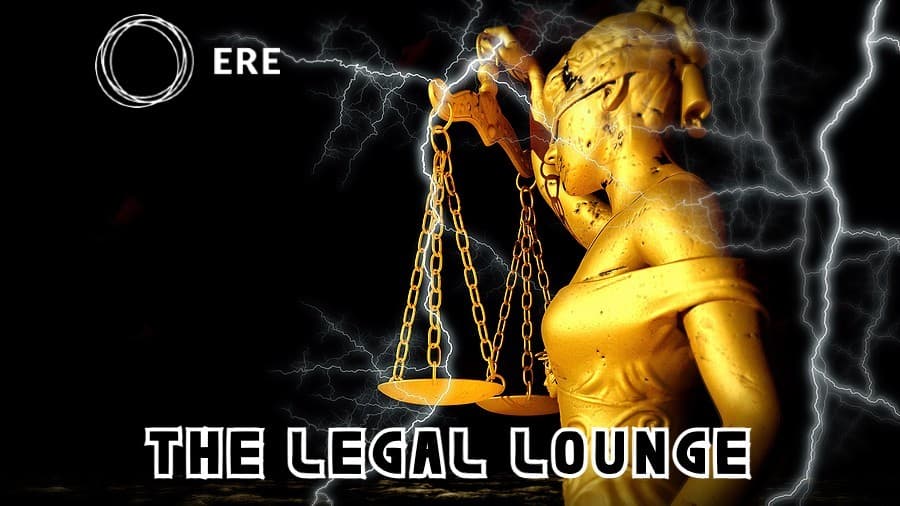We’ve got to talk about weed — especially if you do pre-employment drug testing.
Thirty-six states have legalized medicinal marijuana, while 17 states and the District of Columbia have now legalized recreational marijuana. New Jersey, New York, and Nevada have gone even further: They prohibit employers from using positive drug tests for THC as the sole basis for withdrawing a job offer.
Yes, you read that correctly. If a candidate tests positive for THC, an employer cannot use the positive test to withdraw a job offer in these states.
These laws should have you re-evaluating your drug-testing policies and procedures by considering the following:
Do Drug Tests for Weed Really Work?
Kinda sorta. THC (the chemical in weed that gets people high) is stored in body fat for between 7 and 28 days. There is no proven way to show someone is high at the time of the test, as everyone metabolizes THC differently. So it is possible that a candidate was in Las Vegas, imbibing weed lawfully, and then came back home and applied for your job. Do you want to disqualify someone who did something lawfully outside of work? Some states would prohibit this.
Do You Really Need to Test for Weed?
Probably not for all positions. Candidates for safety-sensitive jobs are probably the only roles for which you need to test. Receptionists, accountants, IT pros, and even HR practitioners are not likely operating heavy machinery, so if they were high on the weekend, it might not matter.
Additionally, some states have a nondiscrimination provision in their marijuana statutes that do not allow employers to discriminate against a medicinal user, provided that that user is not high at work, is properly using marijuana, and is not subject to federal regulations. While it is not clear whether the Americans with Disabilities Act applies here, employers should consider accommodating medicinal users for off-duty use.
One way to do this is to train managers on what being high looks like (bloodshot eyes, lack of coordination, slurred speech, and/or paranoia) and require medicinal users to have a conversation with a manager every morning before they start work. Just a couple of minutes should be long enough to make a determination if the employee is ready to work.
Can You Rely on Federal Law?
Only if the positions are regulated by U.S. Department of Transportation regulations (i.e., commercial drivers). The Drug-Free Workplace Act does not explicitly authorize or require drug testing. In fact, in Noffsinger v. SSC Niantic Operating Co., the U.S. District Court for the District of Connecticut quickly discounted the employer’s argument that because it was required to follow the Drug-Free Workplace Act it had to test candidates and withdraw job offers to those who tested positive. (The candidate tested positive because she took marijuana to control her PTSD. The employer withdrew the job offer because she tested positive. The employee won her case.)
Legal weed is making major headways across the country. Eventually, employers will treat weed like they treat alcohol, whereby it’s only a big deal when someone comes to work drunk. For now, though, recruiters should re-evaluate whether drug testing serves its purpose and whether it needlessly interferes with hiring goals. For some employers, ending testing for marijuana could even be a recruiting tool, bringing more people into your talent pool.
